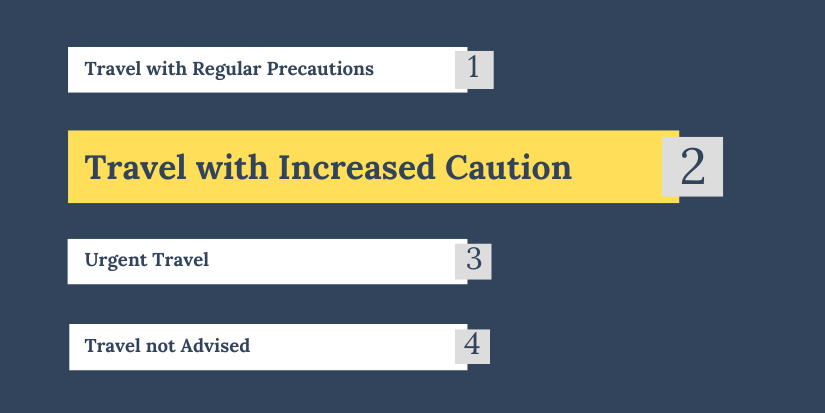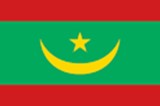
VISA REGIME
For holders of national passports and other travel documents: Visa required
For holders of diplomatic and official passports: Visa required
Note: Visa is required for the holder of an emergency travel document in transit
ENTERING AND LEAVING THE COUNTRY
Entry into the territory of the Islamic Republic of Mauritania for citizens of the Republic of Serbia, holders of all types of passports, is possible only with a visa.
Starting from January 5, 2025, the visa is electronic, and the visa application is submitted through the official website of the “Agence Nationale du Registre des Populations et des Titres Sécurisés”, which is also in charge of delivering the electronic visas: https://anrpts.gov.mr
The best way to enter Mauritania is through the international airport in the capital, Nouakchott, although entry is also possible by land, through one of the 35 border crossings (established on 7 February 2010), which are located in the military-controlled areas. It is not recommended, however, to enter Mauritania by land from the east or northeast. For transit by vehicle from Morocco to Mauritania, it is necessary to obtain prior approval from the Direction générale des Douanes, la Sûreté et la Défense nationale, www.douane.gov.ma .
Entry point from Morocco to Mauritania, where safe movement is ensured, is the coastal road leading to Nouadhibou.
There is no limit in terms of bringing money in or taking it out of the country, but it is subject to mandatory reporting upon arrival and departure. It is necessary to save the receipts on the exchange of money and purchases, and it is necessary to have a certificate of the origin of money.
It is prohibited to have alcohol when entering country.
It is permitted to have 200 cigarettes, 25 cigars or 250 grams of tobacco per adult person when entering Mauritania.
Passengers may have medicines in their possession, but it is necessary to have a doctor's prescription.
SOCIAL SECURITY AGREEMENT
No social security agreement has been concluded.
USEFUL INFORMATION
HEALTH SITUATION – Sporadic cases of meningitis have been reported, while Hepatitis A and typhus are endemic. Malaria is present in some parts of the country, as a result of the existence of a large number of mosquitoes. Vaccination against all these diseases is recommended.
You can find the current situation on the health situation in this country on the website of the World Health Organization.
SECURITY SITUATION – The security situation in Mauritania is changeable due to the unstable environment, leading to occasional latent threats of attacks and kidnappings. However, the Mauritanian authorities take all necessary measures to combat terrorism and crime.
Tourists are advised to avoid certain regions in Mauritania, and it is strongly recommended to inquire about this issue before traveling.
The capital, Nouakchott, and other major cities like Nouadhibou, are in a slightly better state of security, but caution is still advised, especially for women, as there have been frequent cases of attacks and robberies.
TRANSPORT – From the airport in Nouakchott, it is advisable to provide transportation by the host (friends or organizers of the meeting, seminar, etc.). If this is not possible, taxi transport is recommended. For accommodation, choose a hotel whose entrance is controlled. Pay attention on the road, because traffic accidents are very common.
OTHER INFORMATION – The national currency in Mauritania is the Ouguiya.
It is forbidden to photograph public and religious buildings.
Contact information
During your stay in Mauritania, for consular assistance and protection, you may contact the Embassy of the Republic of Serbia in Rabat, Kingdom of Morocco, at the following number: 00 212 53 77 52 201 and e-mail address: ambrsrabat@gmail.com, which covers Mauritania on a non-residential basis.

